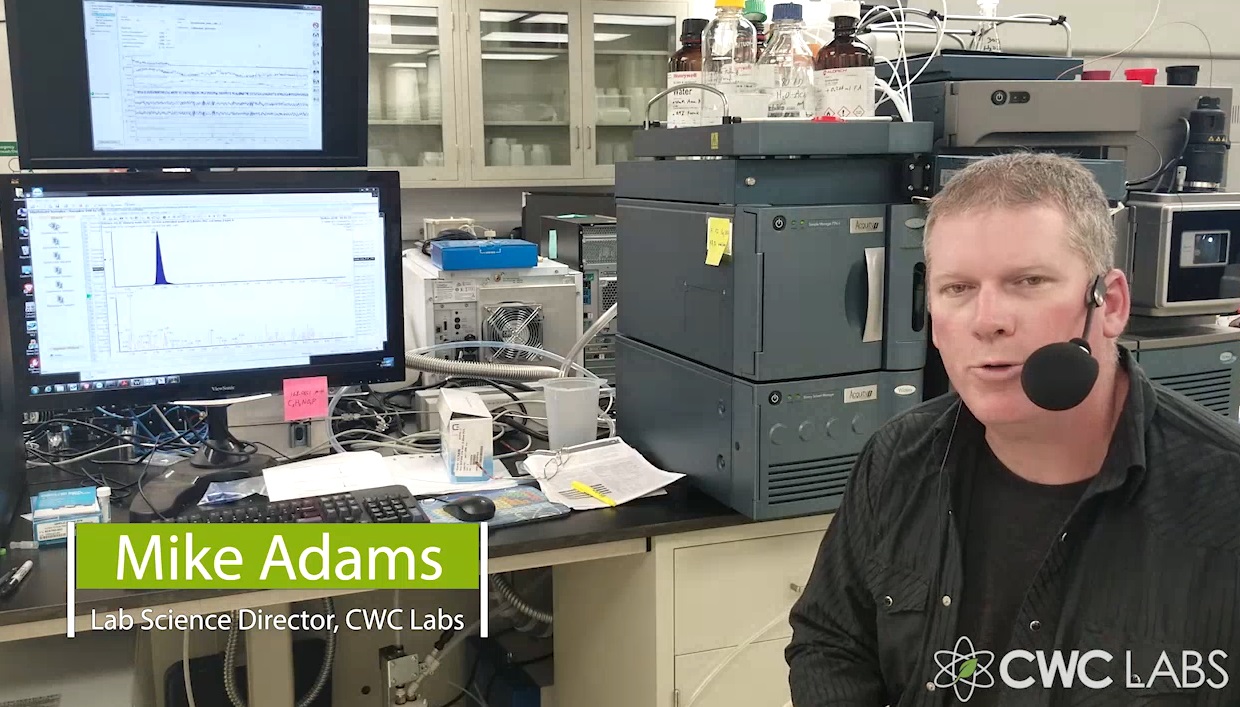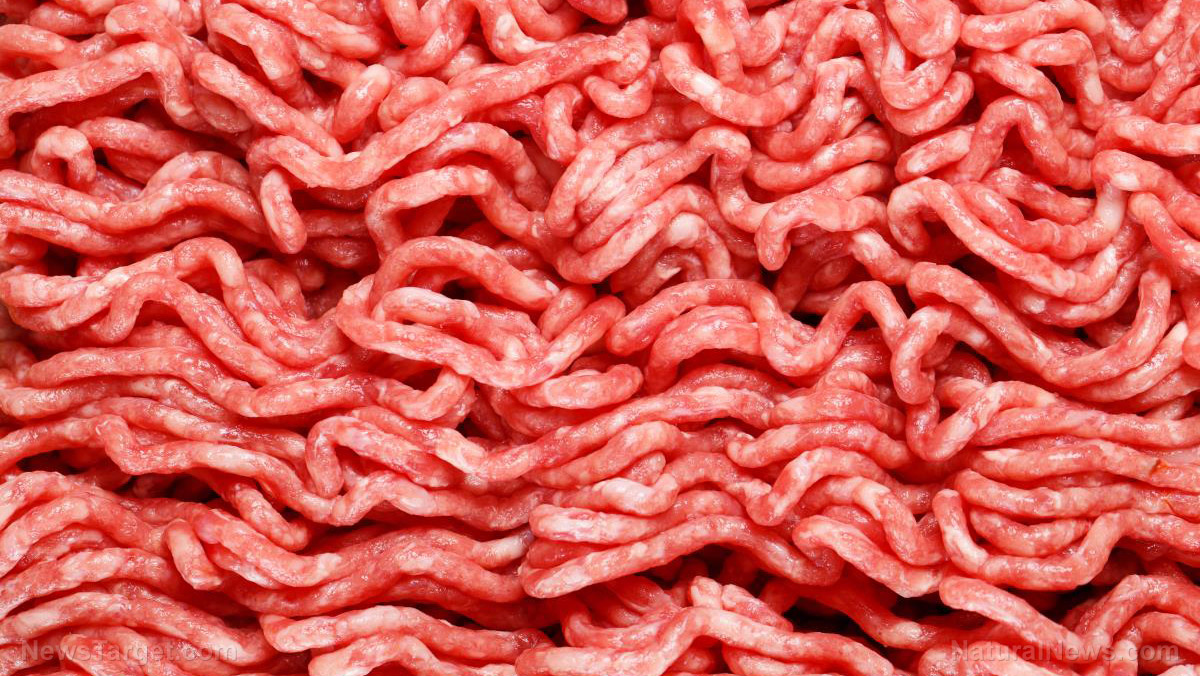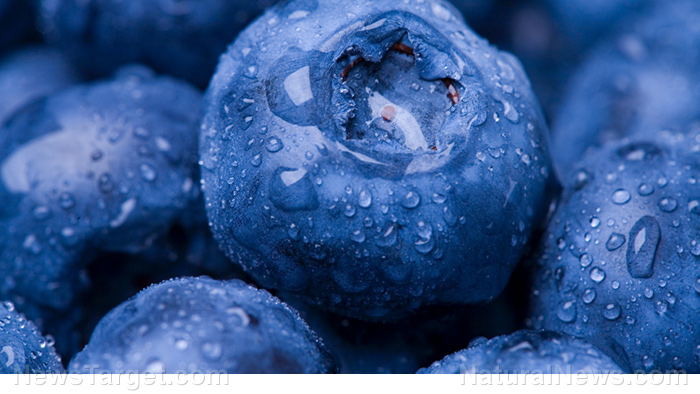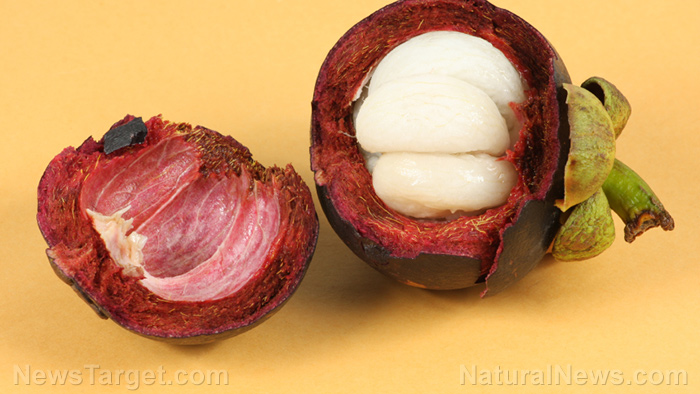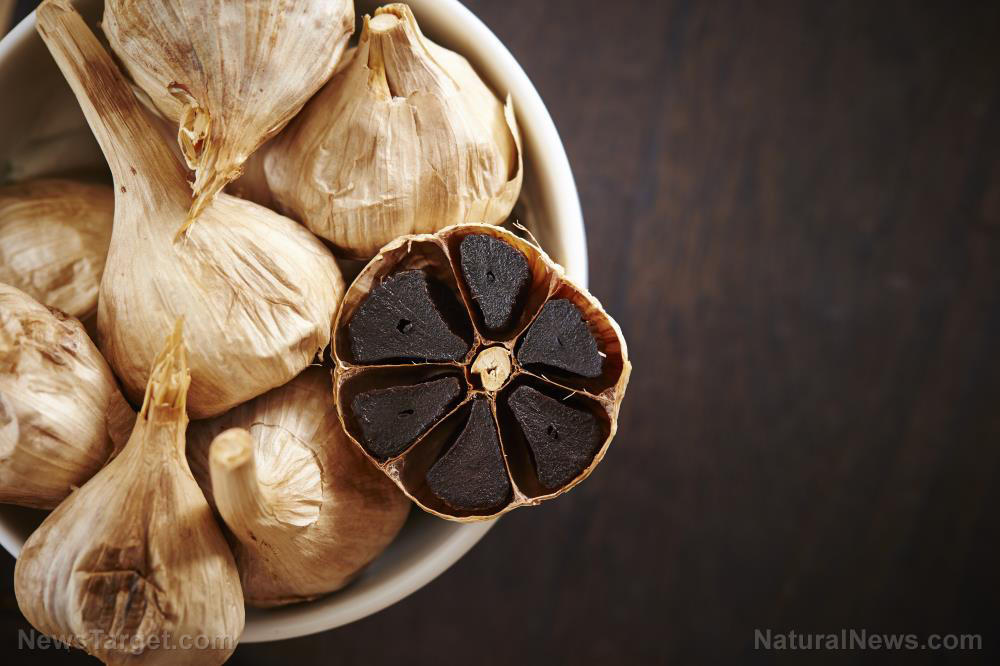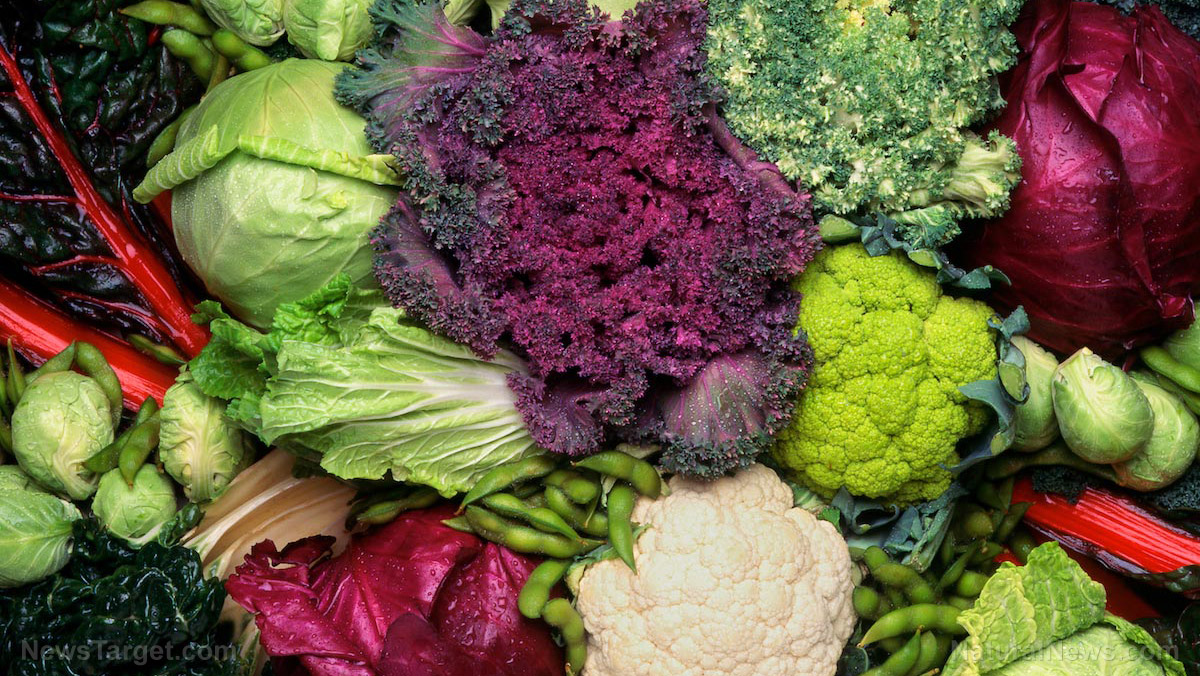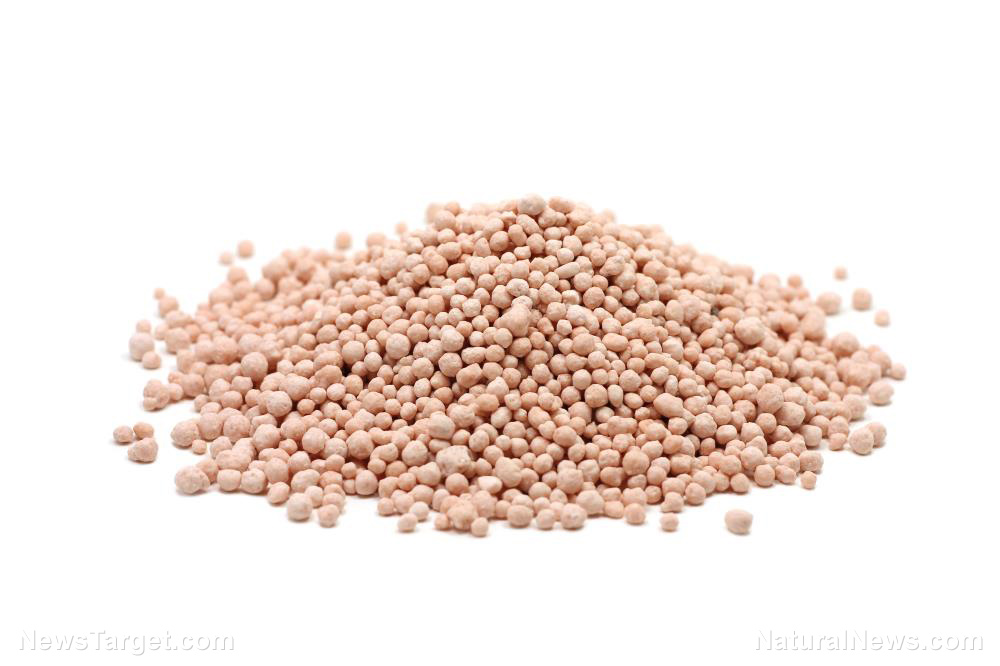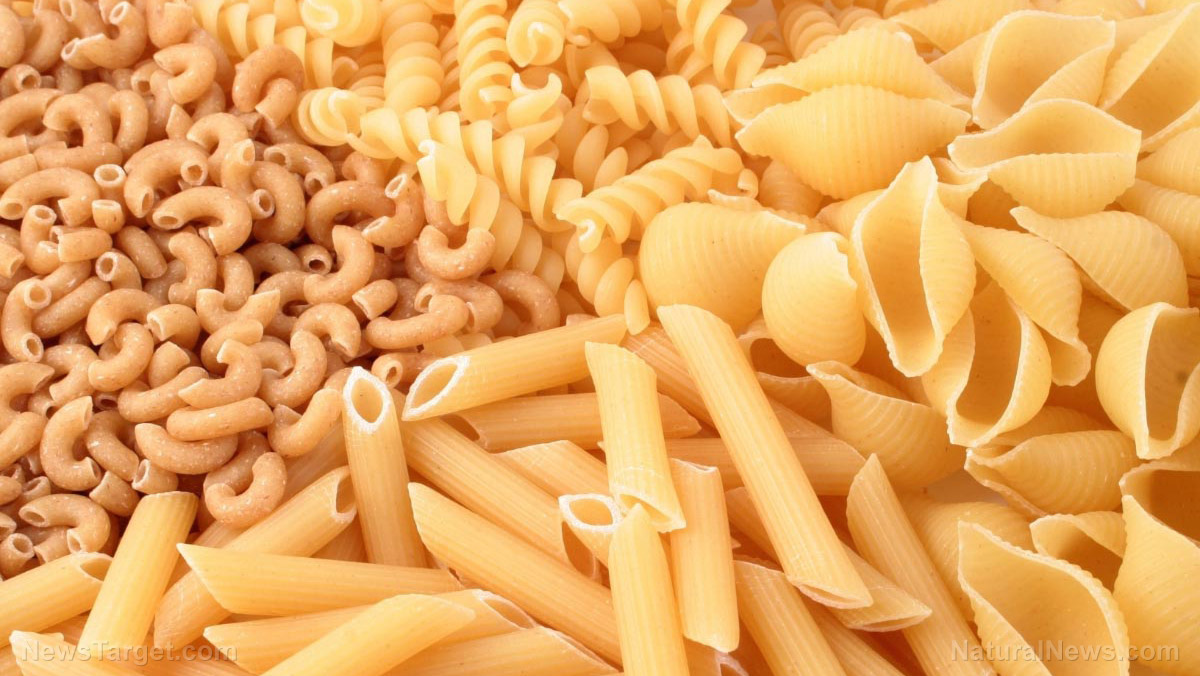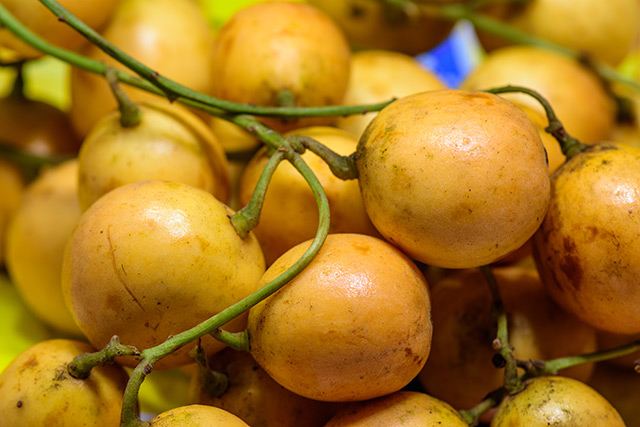Mediterranean diet found to reduce risk of overall cancer mortality
03/17/2018 / By Jessica Dolores

A large body of evidence points to the effectiveness of the Mediterranean diet (MD) in fighting cancer. In a study published in Current Nutrition Reports, researchers used available information from various studies to provide an overview of the link between MD and cancer formation.
- Two operational definitions of MD were reviewed in the study. The first one, the Mediterranean Dietary Score, assigns a value for each component of MD, factoring in the beneficial components. The second one is a derivative of the dietary score, with some modification on food items and scoring.
- The authors also looked at randomized clinical trials (RCTs) and prospective cohorts studies on the effects of MD. The first RCT that showed the relationship between MD and ischemic heart disease was the Lyon Diet Heart study, which revealed that MD has a protective effect against cancer development. The cohort studies, meanwhile, indicated that MD can lessen the risk of overall cancer mortality by 13 percent.
- The effects of MD on certain types of cancer were also reviewed in this study. The authors found the diet can reduce the likelihood of breast cancer in postmenopausal women. In other forms of cancer, researchers noted that the diet reduced it by the following percentages: 17 percent for colorectal cancer, 4 percent for prostate cancer, 27 for gastric cancer, 42 percent for liver cancer, 44 percent for esophageal squamous cell carcinoma, and 40 percent for head and neck cancer.
- In addition, the components of the MD were also individually reviewed to understand their health benefits.
Researchers concluded that the Mediterranean diet, characterized by food rich in vegetables, fruits, nuts, legumes, cereals, and fish, lowers the incidence and the development of cancer; thus, reducing the number of deaths associated with the illness.
Journal reference:
Schwingshackl L, Hoffmann G. DOES A MEDITERRANEAN-TYPE DIET REDUCE CANCER RISK? Current Nutrition Reports. 2015;5(1):9–17. DOI: 10.1007/s13668-015-0141-7
Tagged Under: cancer, Mediterranean diet, natural cures

